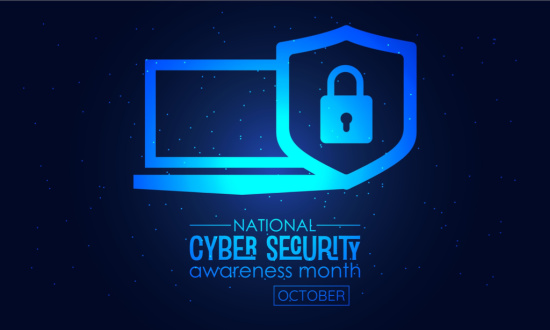Cybersecurity Laws Help Protect Mobile Devices. So Does Mobolize
By Sam Koch, Solutions Engineer | Mobolize
The United States (US), United Kingdom (UK) and European Union (EU) have developed binding cybersecurity requirements for protecting a company’s cloud infrastructure. Mostly these requirements work, but the root of many hacks today is from workers’ endpoint devices that have access to their company’s infrastructure, whether direct or through traditional VPNs.
Here’s a review of leading security requirements that companies must meet (or face fines) and then focus on how to protect against endpoint hacks of mobile devices used outside corporate networks. These devices not only include smartphones, but also laptops and tablets that employees often use when working at home or on the move.
Over the last two decades, governing bodies around the world have been strengthening cybersecurity laws and regulations to thwart hackers. Some of those efforts are more successful than others as all governing bodies face political pressures, but mostly the laws keep up with today’s mobile device cybersecurity issues.
The US government in 2015 approved cybersecurity legislation focusing on these three efforts:
- Modernizing law enforcement authorities by giving them the tools they need to do the job, thus making them more equipped to properly deal with cybercrimes
- Requiring businesses to report data breaches to consumers if their personal information has been sacrificed so individuals are aware of when they are in danger of identity theft
- Requiring information sharing between the government and private sector to expose cyber threats and allow the government to provide liability protection to affected firms
One year later, legislation was boosted by the Cybersecurity National Action Plan which aimed to give Americans knowledge on how to secure their online accounts and avoid theft of their personal information through multi-factor authentication.
Across the pond, both the UK and EU have strong cybersecurity laws that have kept current with today’s cybersecurity needs. In 2022, the UK announced new laws proposed to strengthen British businesses’ cybersecurity after suffering high-profile attacks. The bill aims to improve the protection of people’s smartphones, TVs, and other devices. Any business offering digital services will be required to follow strict cyber security duties but many are not prepared at all.
- Just 12% of UK businesses review the potential cybersecurity threats posed by their suppliers
- Only 5% take action to address these vulnerabilities because they assume their partners are taking adequate measures to protect them.
The EU introduced the EU Cybersecurity Act in 2019 to establish a cybersecurity certification framework for products and services. In 2022, the EU proposed the Cyber Resilience Act, a potential regulation on cybersecurity requirements for products with digital elements. This not only includes computers and smartphones, but also household appliances, virtual assistance devices, cars, toys, etc. According to the EU, connected products are a potential entry point for a cyberattack and this regulation will now require these hardware and software products to be subject to cyber security obligations.
Although governments are looking out for companies and their users, protecting mobile devices is complicated. While there are many solutions for protecting a company’s cloud infrastructure, it’s protecting against hackers who gain access to corporate networks from workers endpoint devices that is key. Traditional VPNs don’t have the technology breadth to keep devices safe from today’s hackers, plus, failure to follow many of these laws and legislations will result in large fines for companies.
To avoid these fines, we at Mobolize urge businesses to use modern cybersecurity solutions such as our proven and time-tested Data Management Engine that is trusted by our partners to protect workers endpoint devices from hacks. Plus, our patented Data Management Engine works on every mobile device – Mac, Windows, Chromebook, iPhone, and Android.
Unlike traditional VPNs that break digital services, slow down network speeds and create a security access hole, the Mobolize Data Management Engine provides Secure Wi-Fi and Zero Trust solutions to keep workers secure on any Wi-Fi and ensures they only have access to the company resources they need at any given moment. When deployed, it creates a complete endpoint security solution that conforms to key cyber security regulations.
Mobolize has taken the complexity out of securing these types of mobile devices to help companies throughout the world meet these regulations. It still requires unique programming to meet each our customer’s individual needs, but the result is securing all mobile devices outside a corporate network at a high, very secure level. Plus, by meeting mobile device cybersecurity laws, there is less chance of having to pay those fines.





